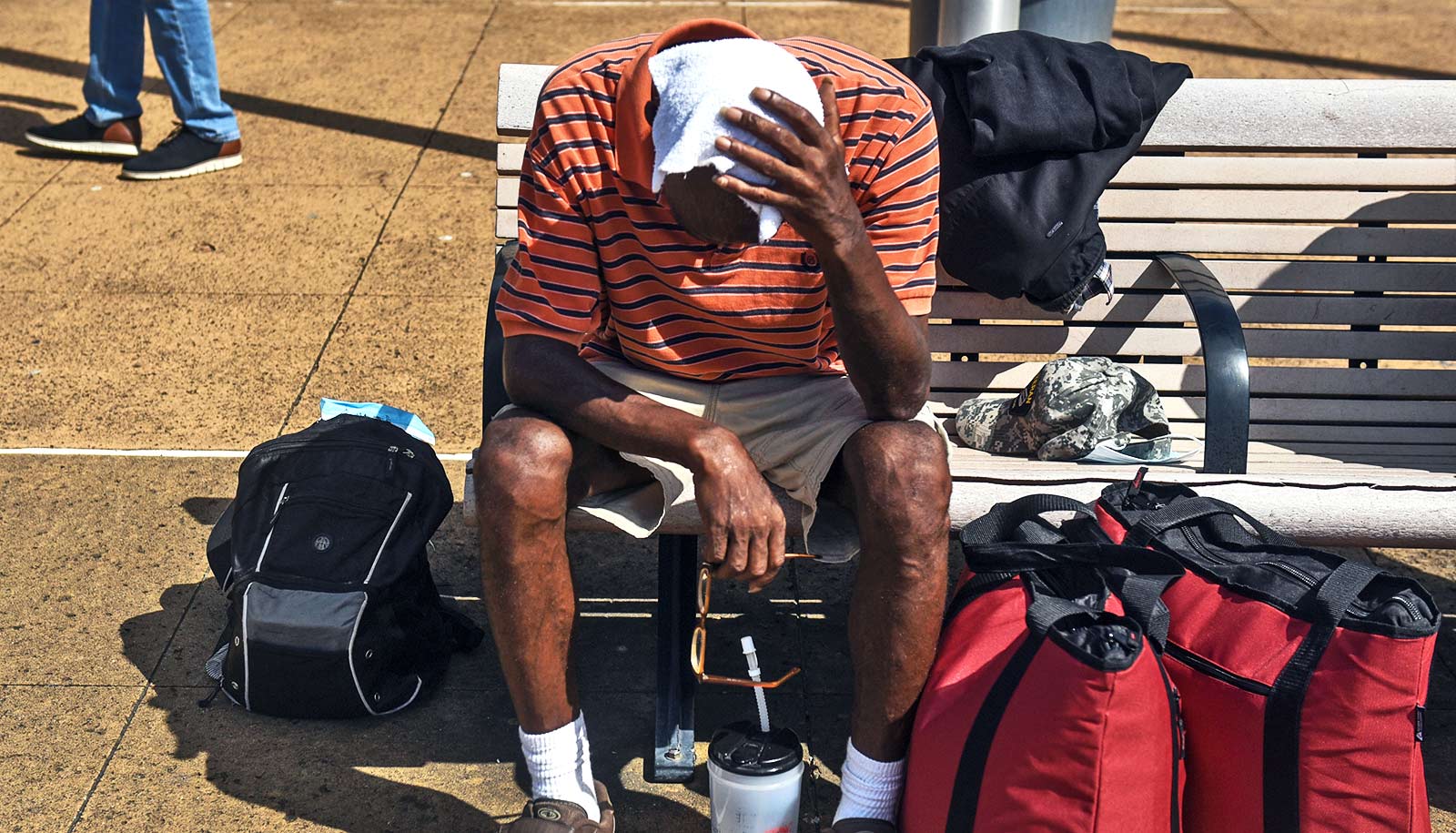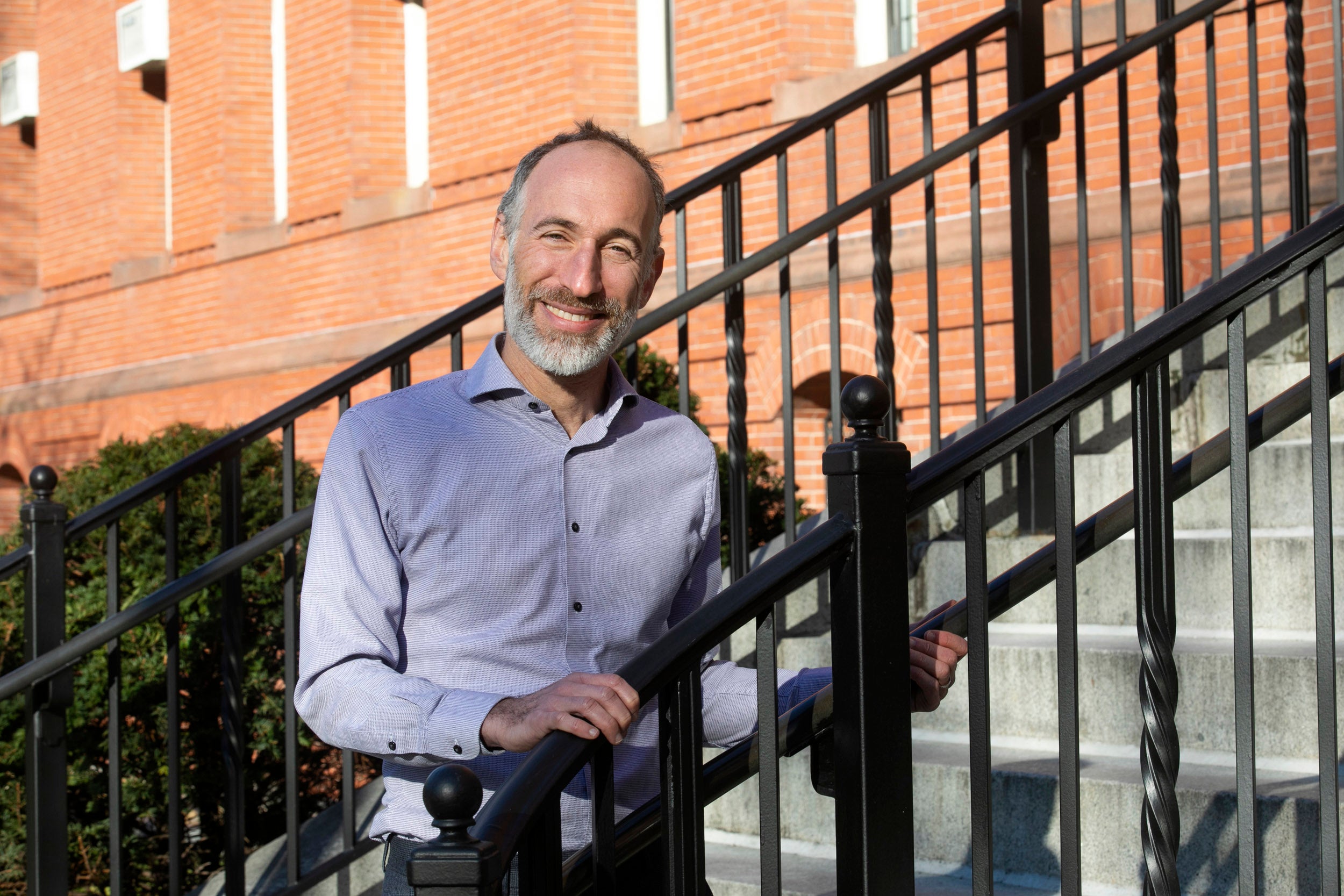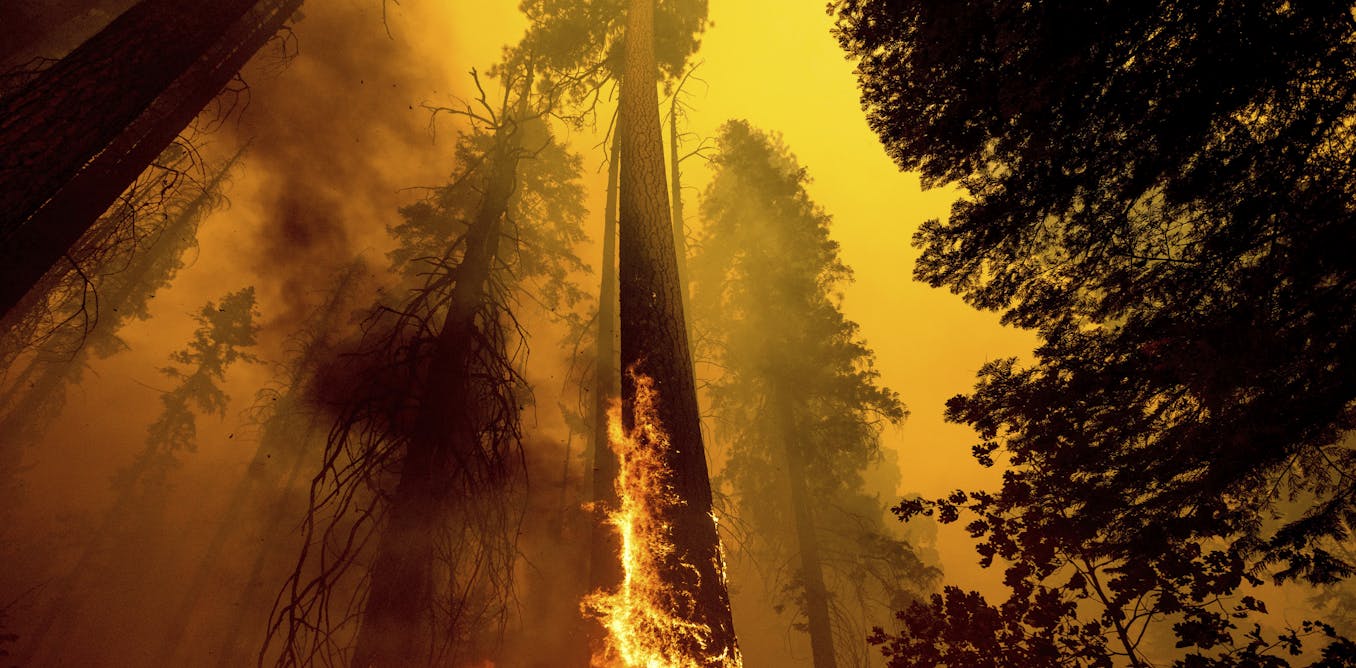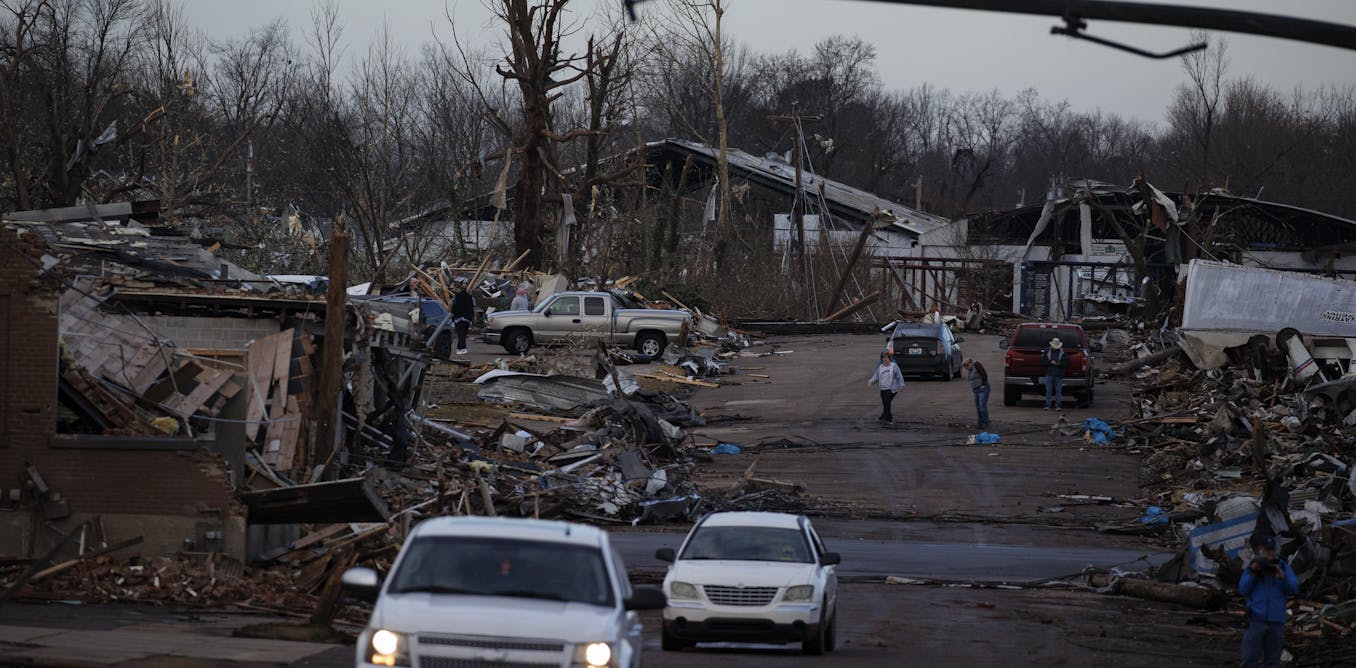2021’s biggest climate and weather disasters cost the U.S. $145 billion – here's what climate science says about them in 5 essential reads
Devastating wildfires, the Texas freeze and a hurricane that wreaked havoc from Louisiana to New York City topped NOAA’s list of billion-dollar disasters in 2021. (CHECK LIST)
Jan. 10, 2022 • ~10 min
Energy prices are unlikely to fall in 2022 or beyond – not until major importers get serious about green transition
Oil and gas have been on a roller coaster these past two years – here’s why.
Jan. 6, 2022 • ~9 min
4 New Year's resolutions for a healthier environment in 2022
An environmental health scholar shares four resolutions to improve your relationship with the environment – and its prospects for the future.
Dec. 27, 2021 • ~7 min
Devastating Colorado fires cap a year of climate disasters in 2021, with one side of the country too wet, the other dangerously dry
US disasters in 2021 told a tale of two climate extremes. A climate scientist explains why wet areas are getting wetter and dry areas drier.
Dec. 21, 2021 • ~9 min
2021’s climate disasters revealed an east-west weather divide, with one side of the country too wet, the other dangerously dry
US disasters in 2021 told a tale of two climate extremes. A climate scientist explains why wet areas are getting wetter and dry areas drier.
Dec. 21, 2021 • ~8 min
Smoke, heat and stress: A snapshot from Southern California of life in an altered climate
Southern California is on the front line of climate change, and recent survey data shows that residents are feeling its effects in many ways.
Dec. 14, 2021 • ~7 min
Tornadoes and climate change: What a warming world means for deadly twisters and the type of storms that spawn them
Climate models can’t see tornadoes yet, but they can recognize the conditions for tornadoes to form. An atmospheric scientist explains what that means for forecasting future risks.
Dec. 13, 2021 • ~8 min
Why the southern US is prone to December tornadoes
Tornadoes in December aren’t unusual in the Gulf Coast and lower Mississippi Valley states, but the Dec. 10-11 outbreak was extreme and far-reaching.
Dec. 12, 2021 • ~8 min
/
77








